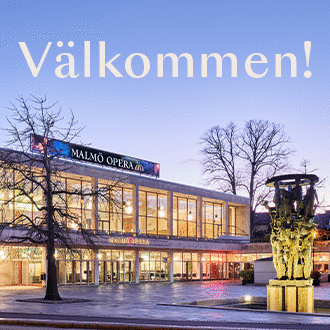On the 23rd of May AI Nordic Powwow, a conference on Artificial Intelligence arranged by Skånemotor and Lund University, took place at Tegnérs Matsalar, AF borgen. Lundagård’s reporter visited the event and reports from selected panel discussions.
In 2019, Artificial Intelligence (AI) has matured into a new level. It is now important not just for research, it’s influencing the way we live, finance, healthcare, and society. AI can be as simple as spam filter, and it can be as complicated as facial recognition. With the rise of AI, many societal issues also arrive. For example, some younger people are more comfortable asking questions to their machines than their parents. Discussions are needed as children will be learning from what Google think is the correct answer.
AI Nordic Powwow is a one-day event and it begins with an energetic introduction by the moderators entrepreneur Trine Grönlund and comedian Johan Wester. This is followed by an opening keynote speech by former Minister of Finance Anders Borg, and then panel sessions with different themes are held.
Anders Borg’s speech begins with many insightful forecasts. In 2020, 5G will likely become something a lot of Americans are using. Data will accelerate. He also give examples on how AI can help with sustainability. For example, AI combined with the transportation industry can help plot better courses for ships, thereby costing less fuel and lowering CO2 emission. Anders Borg reaffirms that jobs have always been disappearing as new technology comes up. With the rapid development of AI, chances are that many jobs with low security, such as those in the labour market, may face significant challenge.
The panel discussion AI Challenges in Society shed light on ways of tackling fake news. As of now, major companies like Facebook are trying to “fix the algorithm”. The panellists argue that algorithm isn’t the problem. Trying to fix the problem of fake news with AI is not understanding the issue. Instead, humanity should focus on understanding how journalism actually work all over the world. Technology has not created the problem fake news, humans have. Both technology and humanity need to work contextually and collaboratively for problems to be fixed.
At the panel discussion Visionary – The Next 50 Years, philosophical debates on “what makes human, human?” took place. Some interesting questions are asked. Bishop of the Diocese of Lund, Johan Tyrberg asked the question: “Instead of asking ‘can machines go to heaven’, why not ask ‘can we put machines in prison?’” Serial entrepreneur Liselott Lading reiterated the human aspect of technology. She believes that instead of technology driving development, it should be humanity driving the development of technology. And that technology should be the driving force to make us more humane. CEO at Massive Entertainment David Polfeldt gave an optimistic picture of the Singularity: that hopefully, we can develop a singularity that falls in love with the good of humanity, and that the singularity can help humanity get rid of our bad habits.
The title of this article has been updated from Artificial Intelligence Meet-Up in Lund to Artificial Intelligence Conference in Lund









